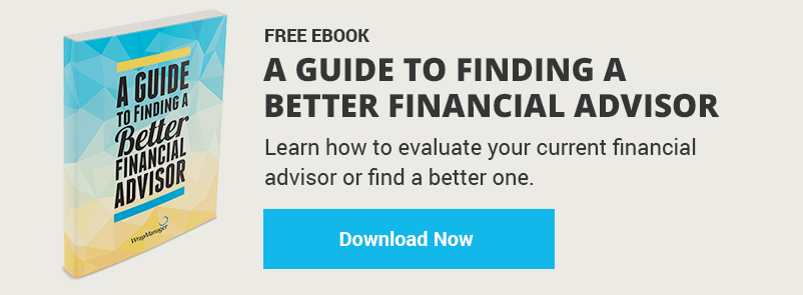 Editor’s Note: This post was originally published in April 2014 and updated January 2017.
Editor’s Note: This post was originally published in April 2014 and updated January 2017.
A financial advisor’s job, at minimum, is to create an investment strategy based on your economic situation and goals. But that’s a bit like saying the job of a dancer is to move their body to music. Some do it better than others.
A good financial advisor should take the time to get to know you and your family, and spend as much time as it takes to get a firm understanding of your financial situation, goals, retirement income needs, estate planning needs, risk tolerance, etc. The result should be a comprehensive financial plan that considers multiple outcomes and gives an expectation of how much income you can expect to have in retirement.
If your current investment plan is little more than a template populated with your asset information - toss it. That plan is worth less than the paper it’s printed on. Financial planning is not one-size-fits-all. Read on to learn what you should expect from a top-notch financial advisor.
Who knows you better: your hygienist or your financial advisor?
A good financial advisor checks in with their clients every three months to discuss investment plan progress and see if changes are needed. If a client desires more frequent contact, perhaps due to a personal situation, or just because the client enjoys being involved, we believe a good financial advisor should always be available.
Your Financial Advisor should handle account maintenance, not you
When you need a cash distribution such as a transfer of money from one account to another, or copies of statements/transactions for tax purposes, your financial advisor and their team should handle this for you. Similarly, when account transactions require paperwork, your financial advisor should provide that for you in advance.
It’s 4 o'clock on Wall Street, do you know where your money is?
In addition to receiving automatic monthly or quarterly statements for all of your investments, you should be able to get information about your accounts by simply phoning or emailing your financial advisor. If offered by the investment custodian, you should also be able to view your investments online 24/7.
A good advisor is proactive, not reactive
A good financial advisor is well-versed in what is happening in the markets and the investment planning world, and keeps you informed as well. Either on their website or through direct communications (letters and/or emails) your financial advisor should have a wealth of educational materials to share with you. Keeping tabs on the ebb and flow of the market helps avoid knee-jerk decisions, which can end up being very costly!
 Interested in learning more about choosing a Financial Advisor? Download our free eBook which includes a Financial Advisor Review Checklist.
Interested in learning more about choosing a Financial Advisor? Download our free eBook which includes a Financial Advisor Review Checklist.
If you currently have a financial advisor, and their services aren’t up to par based on the criteria above, it’s time to reassess. You’ve worked hard to build your investment funds, and you deserve to receive excellent service from your financial advisor in return for the fees you pay.
Should you have any questions, or if you would like to learn more about how WrapManager approaches client service, please give us a call today at 1-800-541-7774 or contact us here.
http://www.wrapmanager.com/contact





